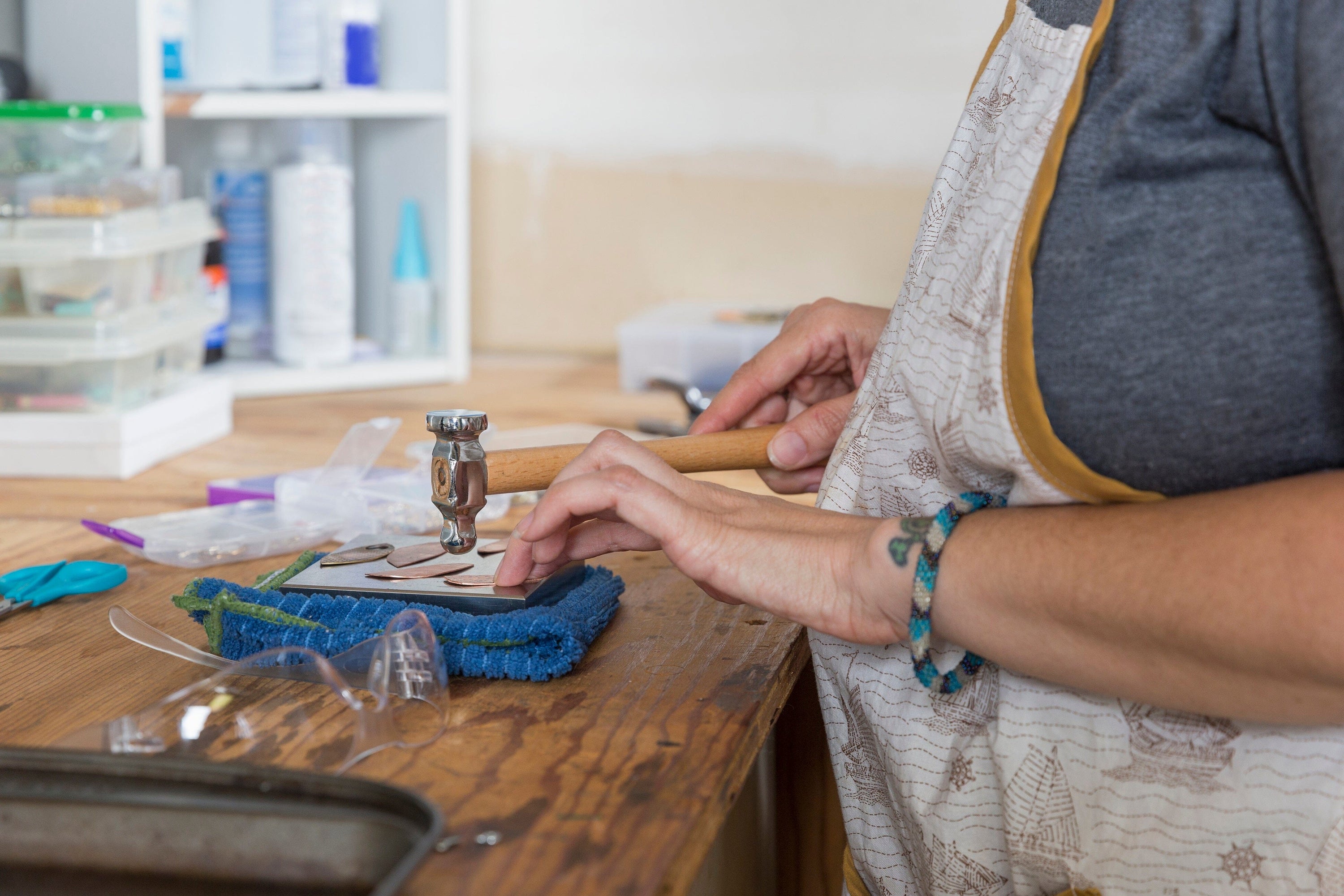The Science of Necklace Care: Understanding Materials
Necklaces are a great way to accessorize any outfit, and most people own several necklaces for various occasions. However, many people don't realize the importance of taking care of their necklaces to keep them in good condition. Necklace care is not just about cleaning them regularly. Understanding the materials used to make your necklaces is essential in ensuring they last long and remain beautiful. In this blog, we'll delve into the science of necklace care and help you understand materials better.
Understanding Different Necklace Materials
Necklaces come in various materials, including gold, silver, brass, copper, and alloys. Each material has its own unique qualities that require different types of care. For example, silver tarnishes easily and requires regular cleaning, while brass can easily lose its shine. Knowing which materials your necklaces are made of can help you determine the best care practices. You can determine the materials with a simple magnet test, where materials that attract magnets are usually made of nickel and iron.
Caring for Gold Necklaces
Gold necklaces are a common favorite, but they require proper care to keep them looking shiny and appealing. While gold doesn't tarnish, it does get scratched and loses its luster over time. To keep it shiny, avoid exposing your gold necklace to harsh chemicals or scratches. Store the necklace in a separate box, away from other jewelry, and clean it regularly using a mixture of warm water and mild detergent. Use a soft cloth to wipe it dry.
Cleaning Silver Necklaces
Silver necklaces are equally popular, but they are prone to tarnish, which is a chemical reaction where the metal combines with sulfur and oxygen in the air. To prevent tarnish, store your silver necklaces in a dry place, and avoid exposing them to heat, moisture, or chemicals. To clean them, use a silver cleaning cloth or a mixture of warm water and dish soap. Dip the necklace in the mixture and rub gently with a soft brush. Rinse it with warm water and dry with a soft cloth.
Caring for Costume Jewelry
Costume jewelry is made of different materials and often has a short lifespan. However, with proper care, you can extend the jewelry's life and keep it looking good. To avoid damage, store your jewelry in separate compartments and avoid exposure to water, moisturizers, or perfumes. After wearing your costume jewelry, wipe it with a soft cloth to remove any dirt and sweat.
In conclusion, understanding the materials used to make your necklaces is key to caring for them and extending their life. Proper care practices differ depending on the material, so it's essential to learn how to take care of each type of material. With a little effort and attention, you can keep your necklaces looking beautiful and shining for years to come. So, go ahead and pamper your necklaces using some of the tips mentioned in this blog.

